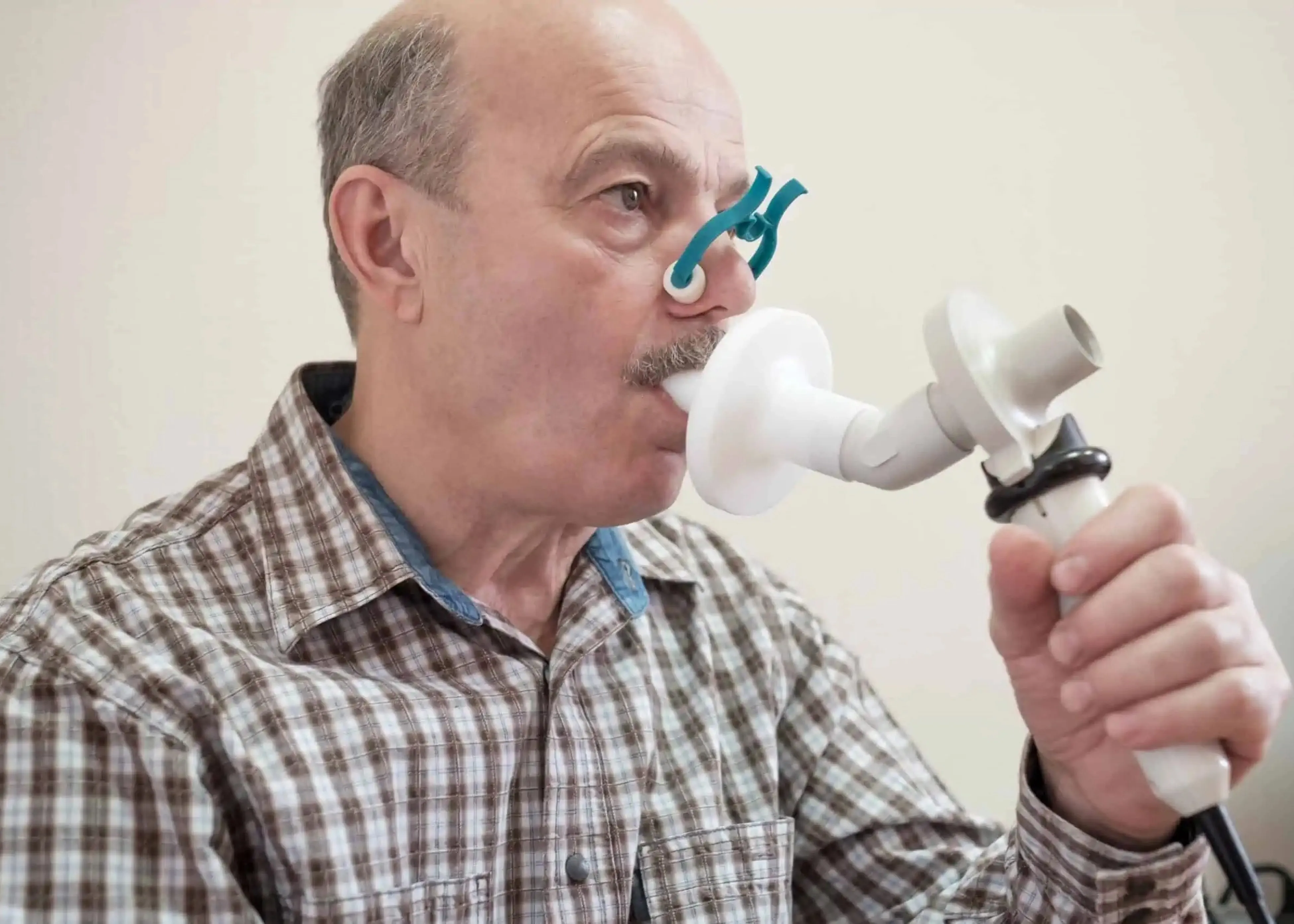Pulmonary Function Test (PFT)
Pulmonary Function Testing for Lung Health
Pulmonary function tests (PFTs) offer critical insight into how well your lungs move air and exchange gases. These non-invasive tests are used to assess respiratory issues like asthma, COPD, and chronic bronchitis. Patients breathe into a specialized device that captures data on lung volume, flow rates, and gas diffusion. PFTs are often recommended if you have symptoms such as wheezing, coughing, or shortness of breath, or if you’re being monitored for a lung condition. This testing helps guide diagnosis, track disease progression, and determine how well medications are working.
How PFTs Help Diagnose and Monitor Lung Conditions
During a PFT, you’ll follow guided breathing instructions through a mouthpiece while the machine records your performance. Measurements like FEV1 and FVC indicate whether airflow is restricted or reduced. Your provider compares your results against normal values for your age and size. If abnormalities are found, they may suggest additional imaging, medications, or lifestyle changes. PFTs are safe, repeatable, and play a central role in respiratory care planning.

Understand and manage breathing issues with clear insights from PFT results.

What does a PFT measure?
It measures how much air you can move in and out and how efficiently you breathe.
Why would I need a PFT?
It’s useful for diagnosing and managing asthma, COPD, and similar conditions.
How should I prepare?
Avoid heavy meals and follow your provider’s instructions on using inhalers.
How long does it take?
Most pulmonary function tests take 30 to 45 minutes.




